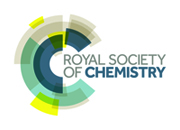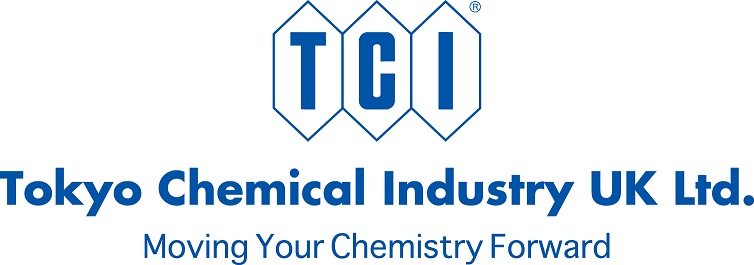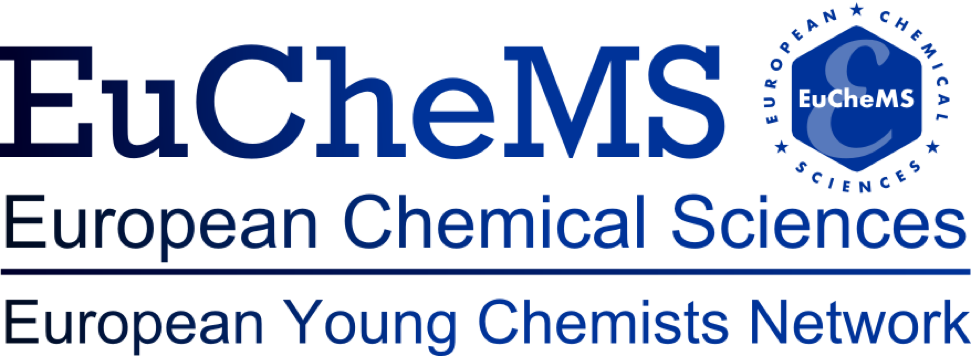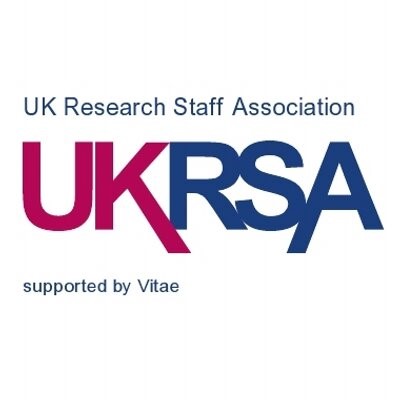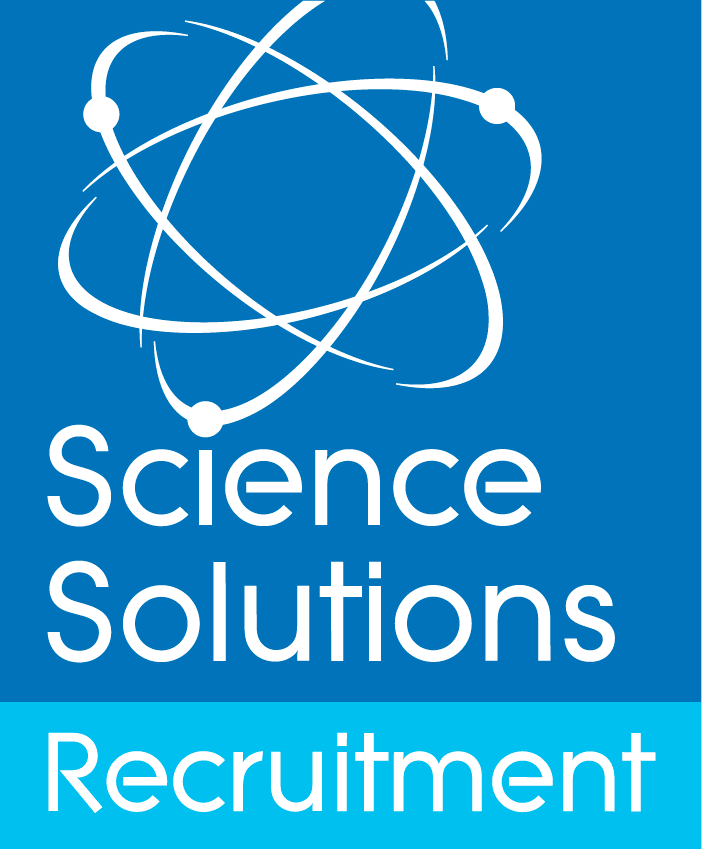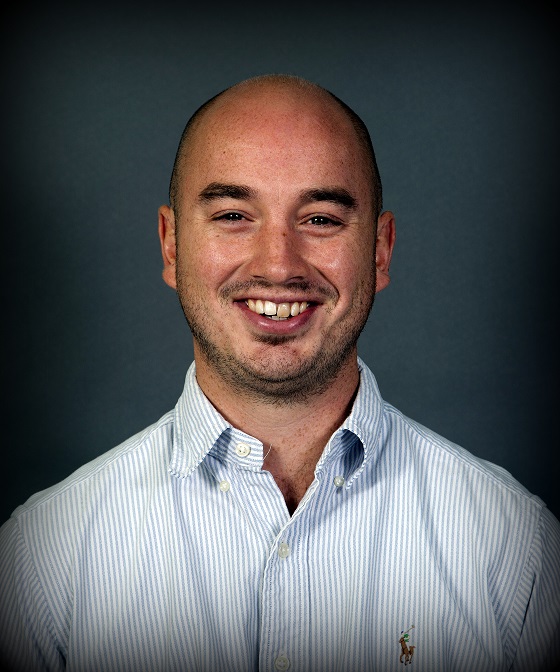 Alex Archibald, Cambridge University, United Kingdom
Alex Archibald, Cambridge University, United Kingdom
Dr Alex Archibald is a Lecturer in Atmospheric Chemistry Modelling in the Department of Chemistry at the University of Cambridge, a member of the National Centre for Atmospheric Science (NCAS) and a Fellow of Emmanuel College, Cambridge. His research involves the development and application of state-of-the-art chemistry-climate models. With these models his group is trying to answer a number of questions relevant to society: (i) What are the impacts of changes in man made emissions on the composition of the atmosphere (ii) how does the changing composition of the atmosphere affect climate (iii) how will a changing climate impact the composition of the atmosphere. Alex studied for a BSc and PhD in Chemistry at the University of Bristol and remains fascinated about the chemistry of the air we breathe!
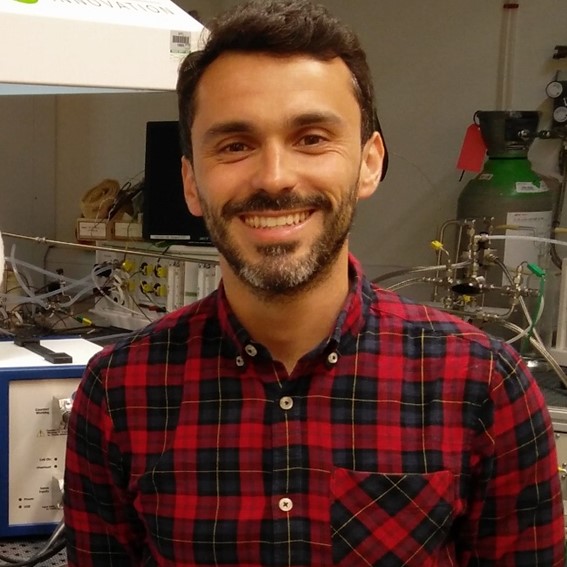 Luis Castanheira, National Physical Laboratory, United Kingdom
Luis Castanheira, National Physical Laboratory, United Kingdom
Luis Castanheira is an R&D engineer specialising in electrochemistry, with particular interest in the emergence of hydrogen as a new energy vector. His research interests focus on degradation protocols and measurement techniques (in situ and ex situ) for fuel cells, electrolysers and batteries.
Luis studied Biomedical Engineering at the University of Minho (Braga, Portugal) and in 2011 received a Master's degree in Biomaterials, Biomechanics and Rehabilitation. The final year of the degree was spent at École Centrale Paris (Paris, France), where he conducted his master thesis and in parallel, he participated in projects with the Atomic Energy Commission (CEA Paris-Saclay) for tribocorrosion tests in new alloys used in nuclear reactors piping. This experience allowed him to continue his studies on new energy technologies at the Grenoble Institute of Technology (Grenoble, France), doing a PhD at the electrochemistry laboratory LEPMI in close cooperation with an industrial partner (Axane Fuel Cells, Air Liquide). In 2014, he was awarded his PhD degree after studying the degradation mechanisms of carbon supports for low temperature polymer electrolyte fuel cells. In September 2015, Luis joined NPL as a Higher Research Scientist in the Electrochemistry Group, working in new measurement methods and degradation mechanisms of fuel cells and electrolysers.
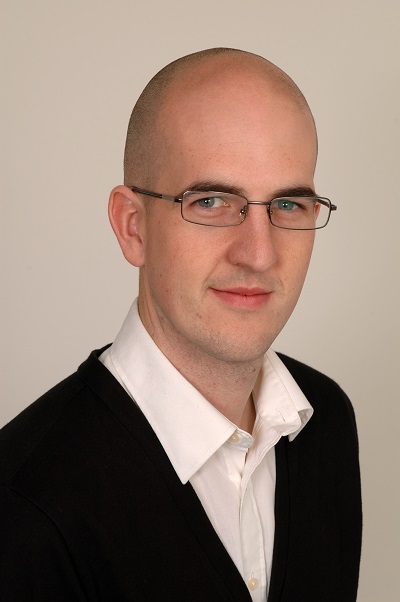 Matt Fuchter, Imperial College London, United Kingdom
Matt Fuchter, Imperial College London, United Kingdom
Dr Matthew Fuchter is a Reader in Chemistry, co-Director of the MRes postgraduate course in Drug Discovery, and co-Director of a newly established Centre for Drug Discovery Science at Imperial College London. He is a member of multiple multidisciplinary centres of excellence at Imperial including the Institute of Chemical Biology, the Imperial College Network of Excellence in Malaria, and the Cancer Research UK Centre of Excellence. His research concerns the development of chemistry-led approaches to interrogate function in chemistry, materials and medicine. In the areas of medicinal chemistry and chemical biology, a key focus is the study of transcriptional targets. He is heavily involved in translational activities across his scientific portfolio and is an inventor of ICEC0942/CT7001; a clinical candidate undergoing early clinical trials for the treatment of multiple cancers.
Homepage: http://www.imperial.ac.uk/fuchter-group
LinkedIn: http://www.linkedin.com/in/matt-fuchter-b807bb3
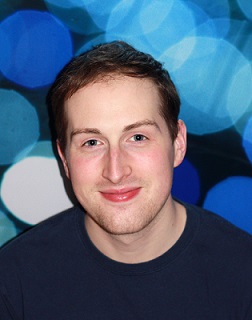 Jamie Gallagher, University of Glasgow, United Kingdom
Jamie Gallagher, University of Glasgow, United Kingdom
Jamie is an award-winning scientist and science communicator. He spends his days sharing his love of science or training others to do the same. His work has taken him around the world from skyscrapers of Hong Kong to tents in the African bush. As well as speaking live to thousands of people each year he’s had work published in 19 different counties and has contributed to a number of television and radio programs.
He has a PhD in chemistry and electrical engineering from the University of Glasgow where he researched nanostructured materials for renewable energy generation. He then went on to become the University of Glasgow’s first Public Engagement Officer. In this role he was tasked with embedding a culture of engagement across the research-intensive institution and raising the institutions profile and ability in engagement.
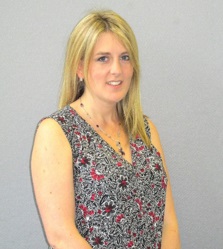 Elizabeth Gibson , Newcastle University, United Kingdom
Elizabeth Gibson , Newcastle University, United Kingdom
Libby Gibson is a Lecturer in Physical Chemistry at Newcastle University. Prior to her current role, she held a University of Nottingham Anne McLaren Research Fellowship and a Royal Society Dorothy Hodgkin Research Fellowship. She obtained her PhD in 2007 from the University of York, supervised by Robin Perutz FRS and Anne-Kathrin Duhme-Klair. Research in her group focuses on solar cell and solar fuel devices that function at a molecular level and challenge the conventional solid-state photovoltaic technologies. Her current ERC-funded project focuses on developing transparent p-type semiconductors for tandem solar cells and artificial photosynthesis.
 Melissa Hanna-Brown, Pfizer, United Kingdom
Melissa Hanna-Brown, Pfizer, United Kingdom
Melissa’s career history has traversed Academic, Industrial (Pharma) and Third Sectors and her current role integrates strategic collaborative innovation partnerships with organisations for Pfizer across all 3 sectors.
Melissa's career began as an academic in King’s College London (Pharmacy) and she later moved to industry (Pfizer) where her most recent role has a global matrixed leadership focus on Technology & Innovation across Horizons 1-3 involving ecosystem and strategy development and implementation with associated budgetary responsibility.
Melissa has been active for many years in Professional and Third Sector Expert Boards- current examples include Royal Society of Chemistry (RSC) Council, immediate past-President RSC Analytical Division, Pfizer rep in the pan-industry EFPIA Analytical Methods Working Party and member on the British Pharmacopoeia Commission for Analytical Quality by Design.
Melissa was named in the 2016 International Female Power List for Analytical Science and in the 2017 Top 10 Pharma Pioneers in the Analytical Science Power List.
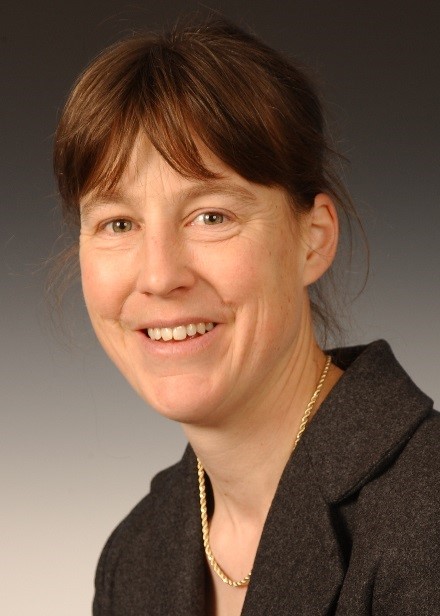 Alison Hulme, University of Edinburgh, United Kingdom
Alison Hulme, University of Edinburgh, United Kingdom
Alison Hulme is a Professor of Synthesis and Chemical Biology at the University of Edinburgh and is President of the Organic Division Council of the RSC (2016-19). She received both her undergraduate degree and PhD from the University of Cambridge, UK and she was then an SERC-NATO Fellow at Colorado State University, USA. She returned to the UK in 1994 and held the Heartha-Ayrton Research Fellowship at Girton College, Cambridge, before appointment to a Lectureship at the University of Edinburgh in 1995. Alison's research integrates synthetic methodology development with chemical biology to provide molecular level insight to challenges in biology and medicine. She has led postgraduate training programmes in Chemical Biology and drug development funded by the EC and Cancer Research UK and is an affiliate member of the Cancer Research UK Edinburgh Centre. Alison is the mother of twins and in her “spare” time enjoys running, hillwalking, rowing and sailing!
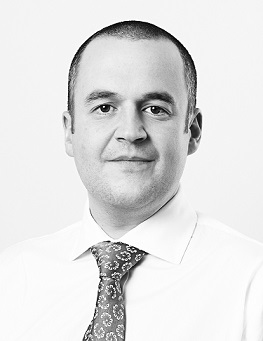 Trevor Keel , Material Value Ltd, United Kingdom
Trevor Keel , Material Value Ltd, United Kingdom
Over the years, Trevor has followed a diverse career path which has taken in a huge range of science, technology and communications along the way. Prior to setting up as an independent consultant to the mining and metals industries, he led the gold industry’s market development efforts in technology – this involved everything from television appearances on CNN and SABC, trips into Chinese gold mines and synthesising new catalysts in Silicon Valley. He developed a multi-channel communications campaign which highlighted the important role mining companies play in the fight against diseases such as malaria in Africa and beyond. Prior to this, Trevor spent a few years at GlaxoSmithKline working on projects across the entire development portfolio.
Trevor holds a degree in Chemistry from University of Kent, a PhD in Nanotechnology from University of Nottingham and a business degree from University College London. He also holds Chartered Chemist status.
 Mike Kember, Econic Technologies Ltd, United Kingdom
Mike Kember, Econic Technologies Ltd, United Kingdom
Mike is a co-founder of Econic Technologies and has been involved in developing the catalyst technology for CO2 utilisation for over 10 years. The catalyst technology was first developed during his PhD with Prof. Charlotte Williams at Imperial College London. Mike subsequently held personal postdoctoral fellowships from AXA and EPSRC at Imperial developing the technology, before joining Econic full-time as Research & Intellectual Property Manager in 2013, responsible for leading development of commercially ready catalysts with robust IP protection. He is an inventor on more than 15 patent applications, including over 10 granted patents. Mike has an MChem from Oxford University, where he carried out a Masters research project in organometallic catalysis, sponsored by Johnson Matthey.
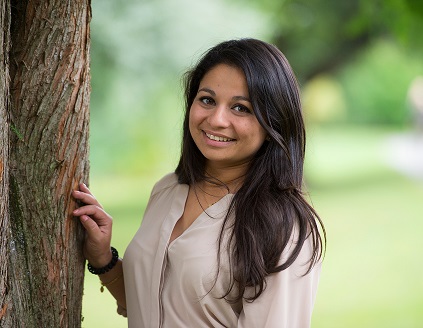 Suze Kundu, Imperial College London, United Kingdom
Suze Kundu, Imperial College London, United Kingdom
Suze Kundu is a materials chemist and science presenter. Suze studied at University College London before joining the Department of Materials at Imperial College as a Teaching Fellow. Her research devises and optimises materials that can capture solar energy and pass this energy on to split water molecules into hydrogen and oxygen in an area of research known as “artificial photosynthesis”. It is based on reactions observed when plants use the process of photosynthesis to make their own fuel.
Also well-known in the field of science communication, Suze has been involved in numerous science outreach activities such as the open-mic night, “Science Showoff”, and appearing at various science festivals across the country. She is a presenter on the Discovery Channel’s “Outrageous Acts of Science”, and a writer for “Forbes” and “Standard Issue UK”.
Suze and is passionate about supporting Women in Science, increasing diversity and encouraging students to study Science and Engineering in Higher Education.
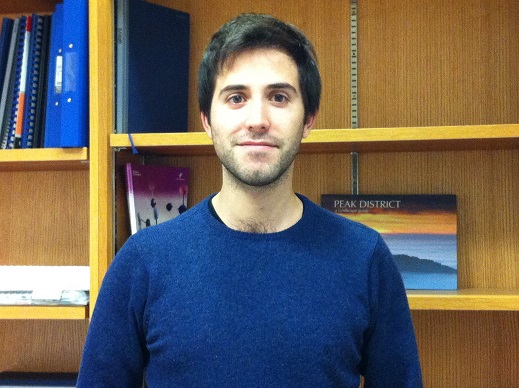 Daniele Leonori (Harrison-Meldola Memorial 2018 prize winner) , University of Manchester, United Kingdom
Daniele Leonori (Harrison-Meldola Memorial 2018 prize winner) , University of Manchester, United Kingdom
Daniele completed his PhD in 2010 at the University of Sheffield under the supervision of Prof. Iain Coldham. After postdoctoral studies with Prof. Magnus Rueping (RWTH Aachen University, 2010-2011) and with Prof. Peter H. Seeberger (Max Planck Institute of Colloids and Interfaces, 2011-2012) he joined the group of Prof. Varinder K. Aggarwal FRS as Research Officer (University of Bristol, 2012–2014). In 2014 he commenced his independent career as Lecturer in Organic Chemistry at the University of Manchester. He was the recipient of an EPSRC Early Career Fellowship (2016) and the ERC Starting Grant (2018).
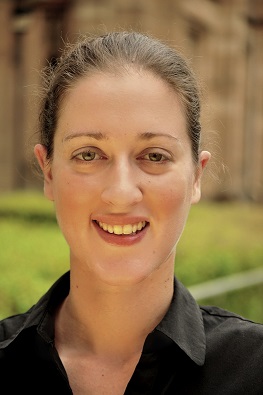 Elizabeth New (ChemComm 2018 lectureship winner), University of Sydney, Australia
Elizabeth New (ChemComm 2018 lectureship winner), University of Sydney, Australia
Liz New undertook her undergraduate and Masters studies at the University of Sydney with before completing her PhD studies in 2010 at the University of Durham. Liz was then a Royal Commission for the Exhibition of 1851 Research Fellow at the University of California, Berkeley. In 2012, she returned to the University of Sydney to establish her research group, focussing on the development of small molecule chemical sensors for the study of oxidative stress and metal ions in biology. She has held Fellowships from the Australian Research Council and Westpac Bank, and her research awards include the ChemComm Emerging Investigator Lectureship (2017) and the Premier’s Prize for NSW Early Career Researcher of the Year (2016).
Liz served on the executive of the Australian Academy of Science’s Early-Mid Career Researcher Forum (2016-7), chairs the University’s Early-Mid Career Academic Network and sits on the National Committee for Chemistry. She is also passionate about teaching, receiving awards including the RACI Educator of the Year Award (2016).
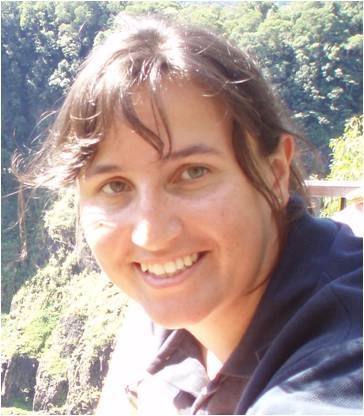 Kirsty Penkman, University of York, United Kingdom
Kirsty Penkman, University of York, United Kingdom
Having always loved science, but also been fascinated by the past (both our human history and that of our Earth), I feel enormously lucky to be able to combine both in my work. My research focuses on the application of analytical chemistry to archaeological and geological questions. My chemistry degree at the University of Oxford provided a unique opportunity to work in the field of archaeological science for my 4th year MChem project; this interest took me to Newcastle for a PhD in geochemistry, and then to York with a postdoc and a Wellcome fellowship. Now a Reader in Analytical Chemistry, my focus is on the analysis of proteins: their pathways of degradation, methods for their detection, and how these molecules can inform us of an organism’s life and death history. Collaborations with earth scientists and archaeologists, which have been integral to this research, have helped to push the analytical science forward, whilst advancing our understanding of our earth’s history. I run the NERC-recognised amino acid dating facility, NEaar, and our work has been honoured by prizes from the Quaternary Research Association (2008 Lewis Penny Medal), the Geological Society (2010 Lyell Fund award), the Leverhulme Trust (2012 Philip Leverhulme Prize) and the Royal Society of Chemistry (2016 Joseph Black Award).
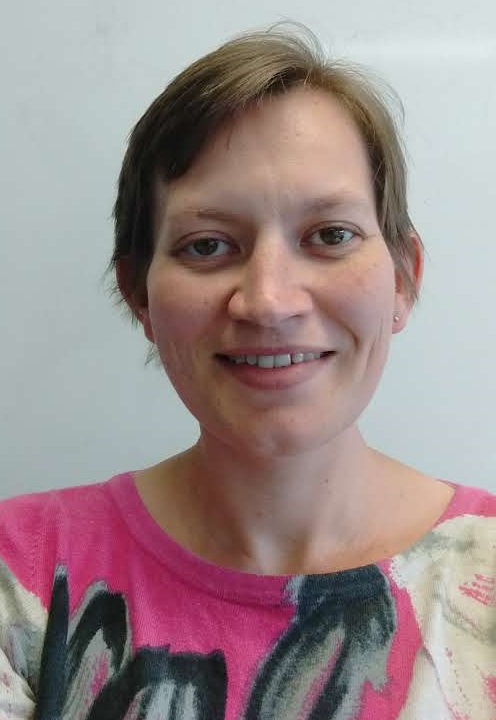 Rachel Platel, Lancaster University, United Kingdom
Rachel Platel, Lancaster University, United Kingdom
Rachel completed both her undergraduate degree and PhD at Imperial College London, the latter under the supervision of Prof. Charlotte Williams. She was then awarded a Government of Canada Commonwealth Postdoctoral Research Fellowship which she took to the University of British Columbia, to work with Prof. Laurel Schafer (2009-2011). After a further post-doctoral position with Prof. Daniel Leznoff at Simon Fraser University (2011 – 2013), Rachel moved back to the UK to commence her independent career at Lancaster University. There she was a founding member of the new Chemistry Department, which was launched in 2013. As well as developing her own research, she has played a key role in re-establishing Chemistry at Lancaster and developing the undergraduate degree programme. What ties all of Rachel’s work to-date together is an interest in how metal and ligand properties can affect their behaviour either spectroscopically or as catalysts in both small molecule and polymerization catalysis. Her research programme is focussed on harnessing the power of metal catalysis for the preparation of biodegradable polymers and developing our understanding of how catalyst structure affects copolymer properties.
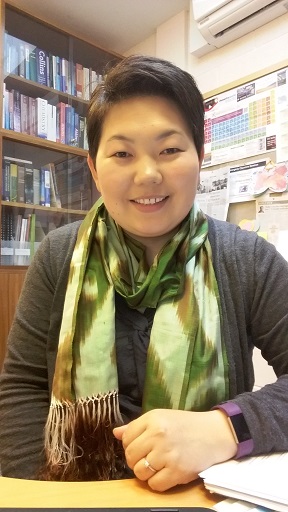 Asel Sartbaeva, University of Bath, United Kingdom
Asel Sartbaeva, University of Bath, United Kingdom
Dr. Asel Sartbaeva is a Royal Society University Research Fellow in Chemistry at the University of Bath. Asel’s research focus on design and synthesis of functional porous materials, modelling and prediction of porous materials, and thermal stability of vaccines using inorganic silica materials.
She received an MSc degree at the Kyrgyz-Russian Slavic University in 1999, and MPhil and PhD degrees at the University of Cambridge in 2002 and 2005. Asel worked as a Postdoctoral Researcher at the Department of Physics in ASU from 2005 till 2007. In 2007, she was awarded a Samuel and Violet Glasstone Fellowship, and has moved to the Department of Chemistry in Oxford. She was awarded a Royal Society University Research Fellowship in 2010, which she took up in January 2011 on returning from the maternity leave. In 2012, Asel has moved to the University of Bath.
She was nominated to be one of 175 Faces of Chemistry by the Royal Society of Chemistry, and was awarded IChemE in Biochemistry and WISE World awards in 2017. She is married and has two daughters aged 7 and 2.
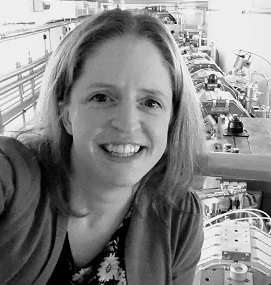 Zoe Schnepp, University of Birmingham, United Kingdom
Zoe Schnepp, University of Birmingham, United Kingdom
Zoe Schnepp is passionate about green chemistry, both in her research and the potential for changing negative public perceptions of chemistry. With diverse interests in nanotechnology, catalysis and materials from biomass, Zoe leads a growing group in the School of Chemistry at the University of Birmingham, UK. Prior to her Birmingham Fellowship, she held Postdoctoral Fellowships in the International Center for Young Scientists at the National Institute for Materials Science in Japan and the Max Planck Institute for Colloids and Interfaces in Germany. She received her PhD from the University of Bristol. In her spare time Zoe enjoys running, gardening and playing hockey.
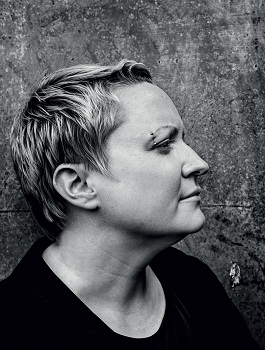 Emma Walker, DIAGEO, United Kingdom
Emma Walker, DIAGEO, United Kingdom
Dr Emma Walker works for Diageo in Scotland as part of the Whisky Specialist team – a group of 12 Blenders who look after all of Diageo’s portfolio of Scotch. After completing her PhD in Chemistry and working in Process Chemistry for GSK, Emma joined Diageo to work in the Whisky Specialist team and spent 4 years learning about flavour from fermentation, distillation and maturation and inventory management. She then spent time working in Production – transferring these skills from the lab to working as a Technical Specialist at Leven, managing the quality labs at Leven Sweetened Products Area and Cameronbridge Distillery and then spending time in Malt Distilling as a trainee Site Manager at Knockando, before returning to the Whisky team 3 years ago. Since her return, Emma has been working extensively on Johnnie Walker blended Scotch, creating new expressions and helping look after the ‘crown jewels’ such as Johnnie Walker Blue Label, whilst also blending Single Malt expressions.
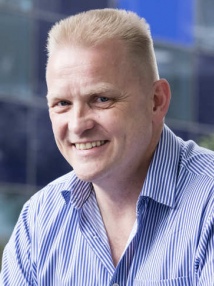 Tom Welton, Imperial College London, United Kingdom
Tom Welton, Imperial College London, United Kingdom
Professor Tom Welton, Dean of the Faculty of Natural Sciences at Imperial College London and the world’s first Professor of Sustainable Chemistry, began his academic career with a B.Sc. at the University of Sussex followed by a D.Phil., in the Chemistry and Spectroscopy of Ionic Liquids.
After research positions at the University of Sussex and the University of Exeter he joined the Chemistry Department at Imperial College London in 1993 as a Lloyd’s of London Tercentenary Fellow. In 2002 he was awarded a Readership in Catalysis and undertook the role of Director of Undergraduate Studies in Chemistry. In 2004 he was promoted to Professor in Sustainable Chemistry. He was Head of the Chemistry Department from August 2007 to December 2014, during which time the Department achieved an Athena Swan Gold Award. He became Dean of the Faculty in January 2015.
Tom uses solvents to improve chemical processes. He has worked with ionic liquids throughout his career, in order to develop sustainable solvent technologies. The central academic aim of his research is to understand the role that the immediate chemical environments in which reacting species find themselves influence the reaction process. He also aims to use this understanding to provide more effective chemical processes by the matching of the reaction with its optimum solvent environment.
Tom is the author of over 100 papers, primarily on the structures and chemistry of ionic liquids and their solutes. He was the 2007 RSC Christopher Ingold Lecturer, the 2012 RSC Thomas Graham Lecturer, and the 2011 DFG Paul Walden Lecturer. He is an Honorary Member of the Chemical Society of Ethiopia. In June 2017 Tom was awarded an OBE for his services to diversity in education.






















